Find Help
More Items From Ergsy search
-

What is dementia?
Relevance: 100%
-
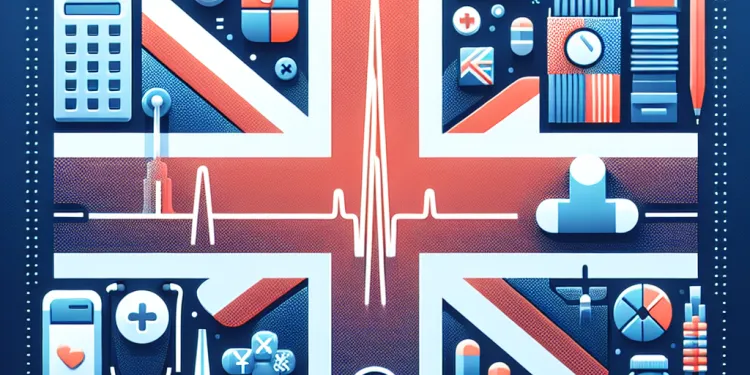
Is there a cure for dementia?
Relevance: 100%
-

Living with dementia | NHS
Relevance: 95%
-
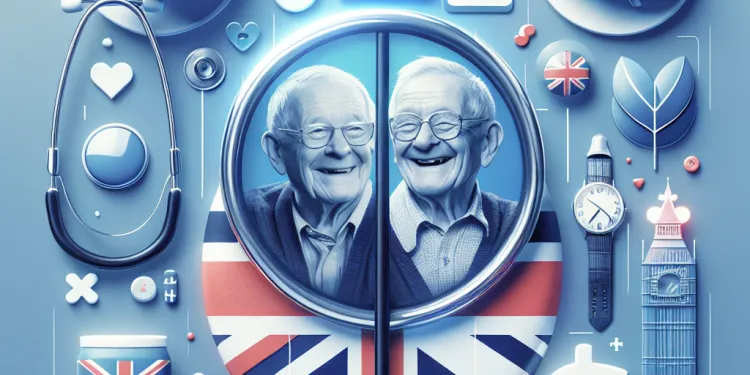
How is dementia diagnosed?
Relevance: 94%
-

Early onset dementia | NHS
Relevance: 92%
-

Dementia Care at Colten Care
Relevance: 90%
-
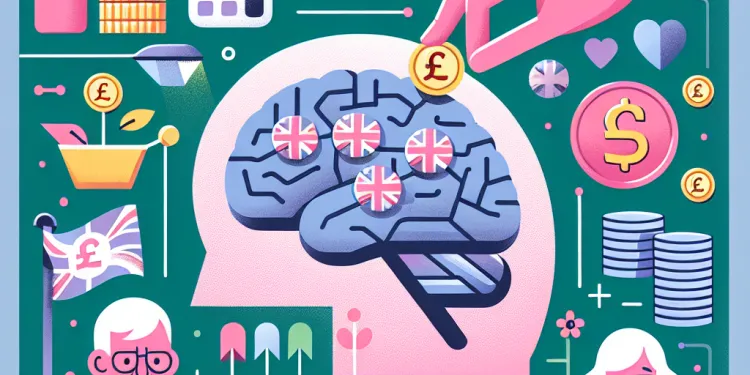
Can dementia affect younger people?
Relevance: 89%
-

Are there any support groups for people with dementia in the UK?
Relevance: 88%
-
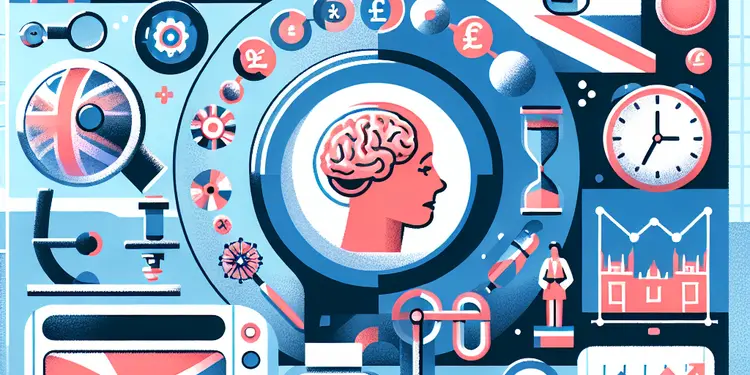
Is there scientific evidence linking menopause to dementia?
Relevance: 87%
-
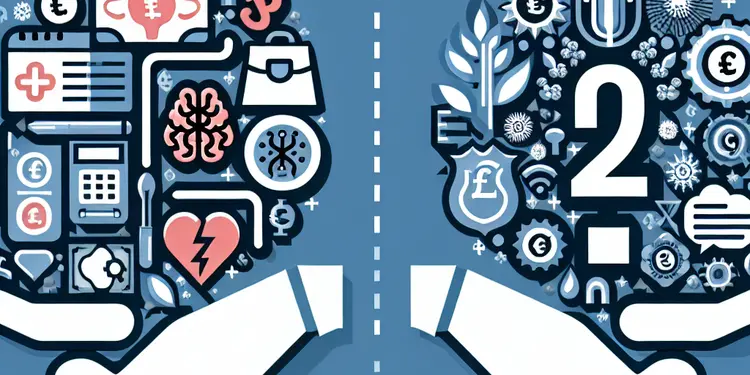
Are there specific types of dementia linked to menopause?
Relevance: 86%
-
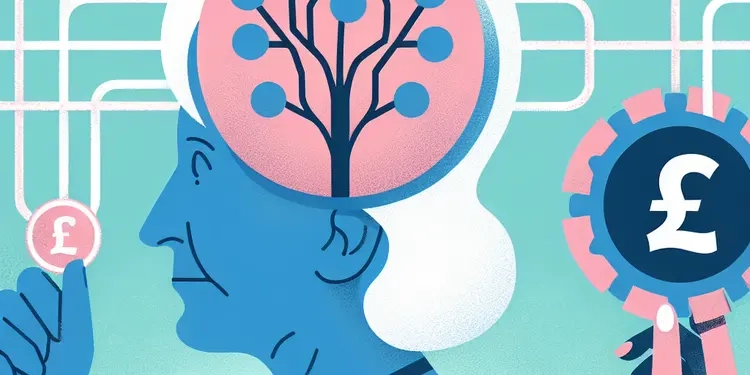
What are the links between menopause and dementia?
Relevance: 86%
-
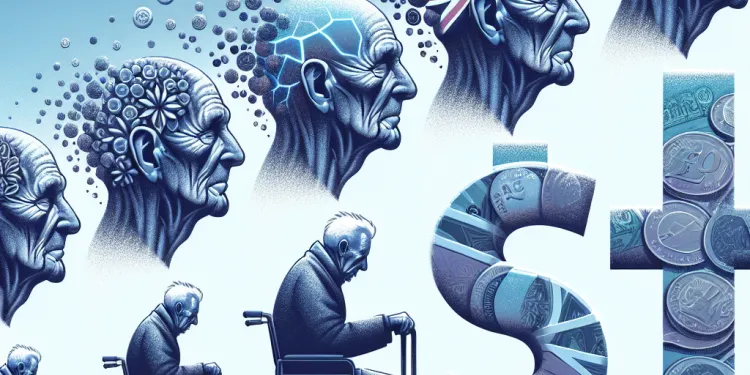
How does dementia progress over time?
Relevance: 86%
-
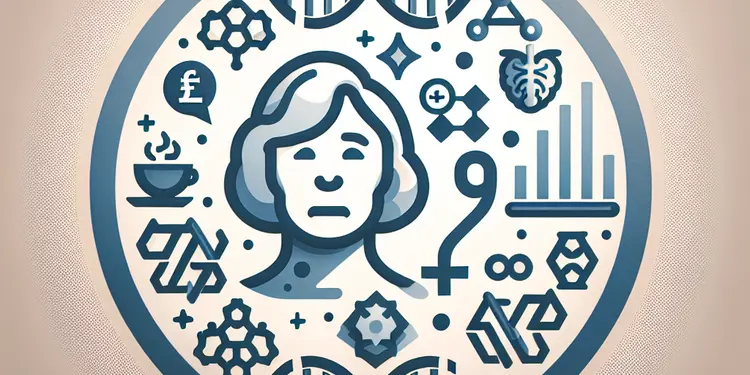
Do genetics play a role in dementia risk post-menopause?
Relevance: 85%
-

Can live-in care support individuals with dementia?
Relevance: 85%
-
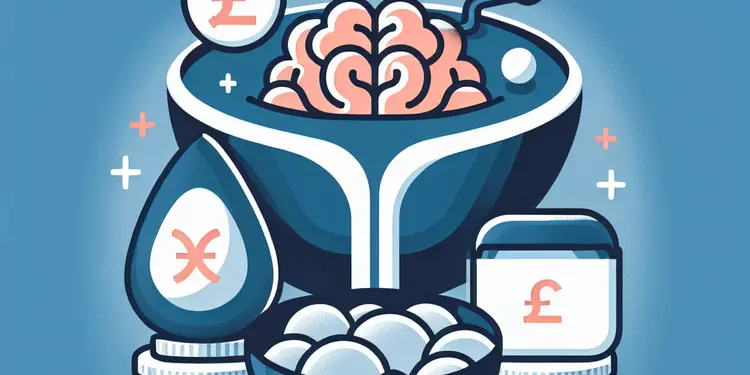
Is the age of menopause onset related to dementia risk?
Relevance: 84%
-

How common is it for women to develop dementia after menopause?
Relevance: 84%
-

What further research is needed about menopause and dementia?
Relevance: 82%
-
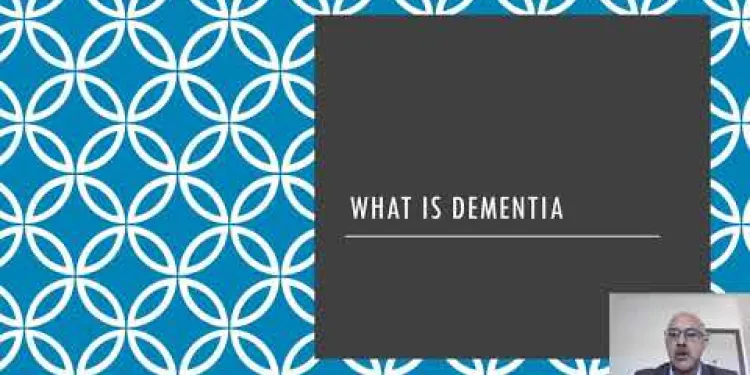
Dementia by Dr Alex Kakoullis, Coventry and Warwickshire Partnership NHS Trust
Relevance: 82%
-
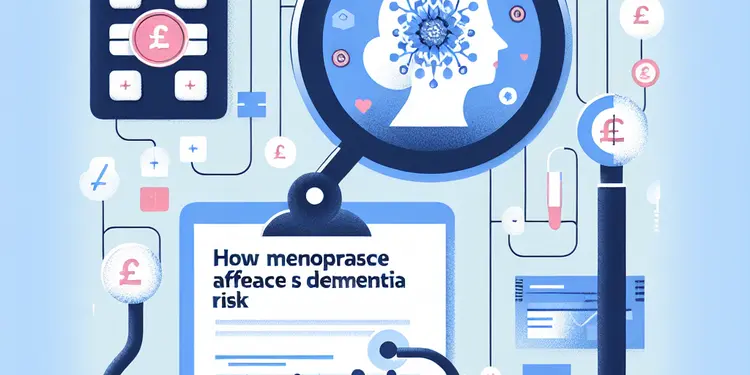
How does menopause potentially affect dementia risk?
Relevance: 82%
-
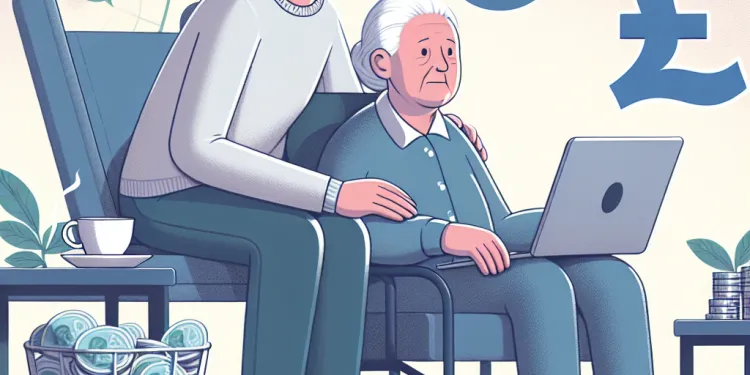
What role do carers play for those living with dementia?
Relevance: 81%
-
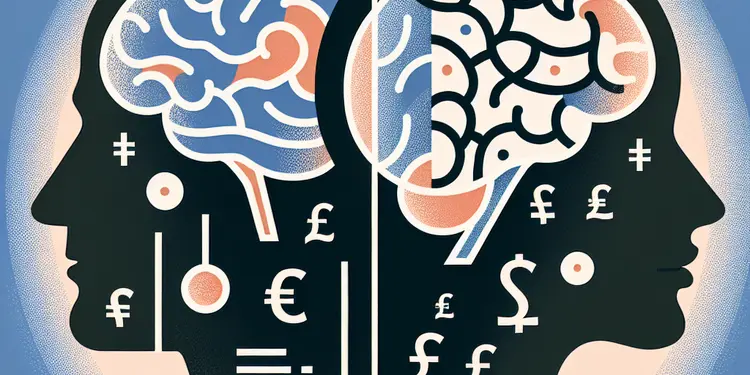
Do male and female brains age differently regarding dementia risk?
Relevance: 81%
-
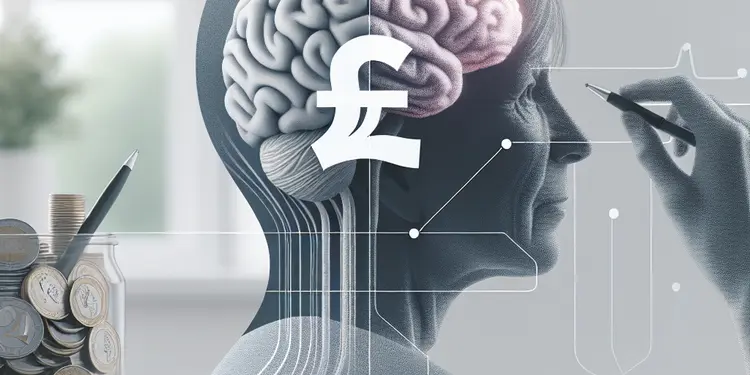
What symptoms can overlap between menopause and the early stages of dementia?
Relevance: 79%
-
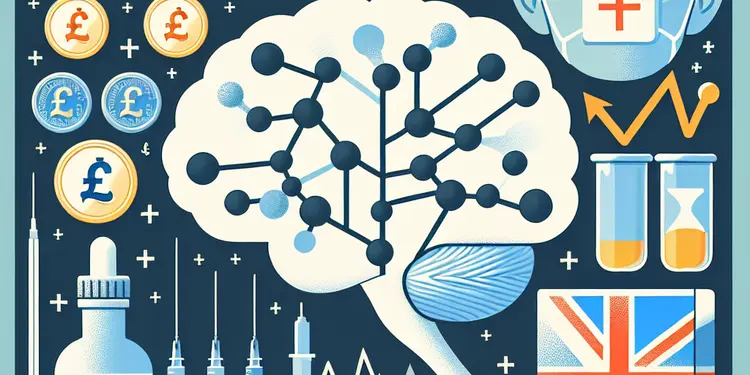
Can hormone replacement therapy (HRT) impact dementia risk?
Relevance: 78%
-

The role of care homes dedicated to caring for people living with dementia and memory loss
Relevance: 78%
-
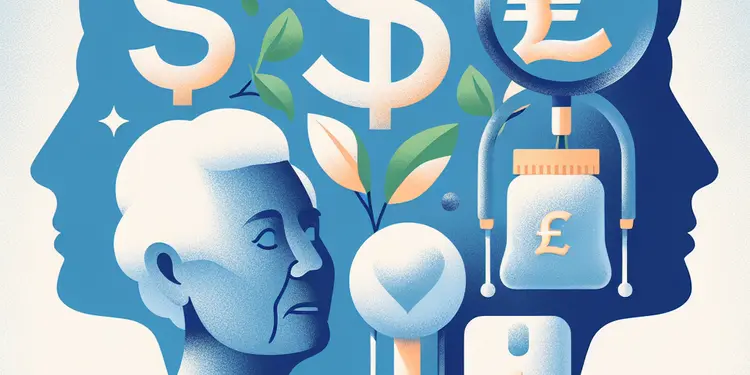
Can lifestyle changes during menopause help reduce dementia risk?
Relevance: 77%
-
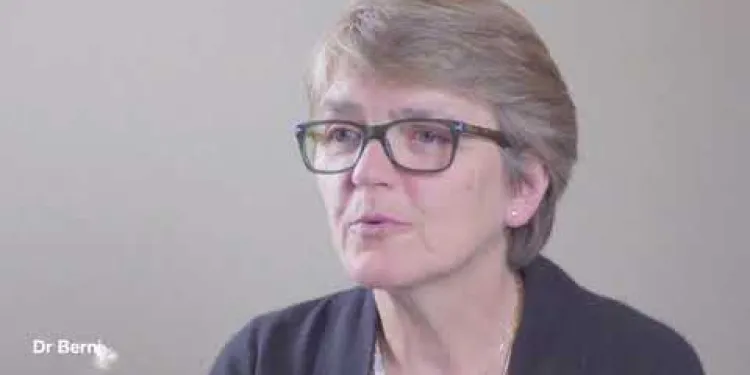
An introduction to frontotemporal dementia (FTD) (part 1/3)
Relevance: 75%
-

What is dementia?
Relevance: 74%
-
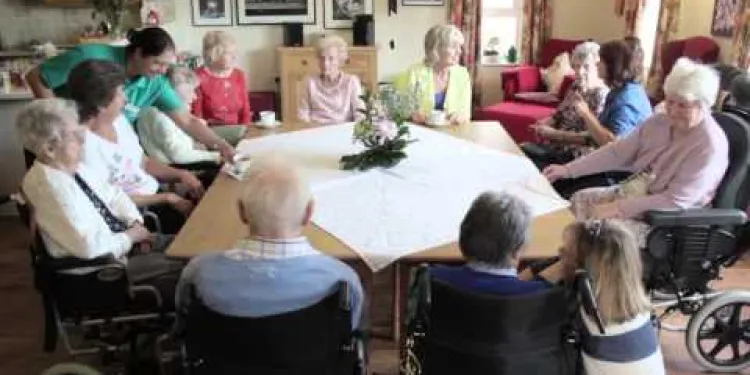
Fernhill Dedicated Dementia Care Home - a relatives perspective
Relevance: 70%
-

Living with changes in behaviour in frontotemporal dementia (FTD) (part 3/3)
Relevance: 65%
-
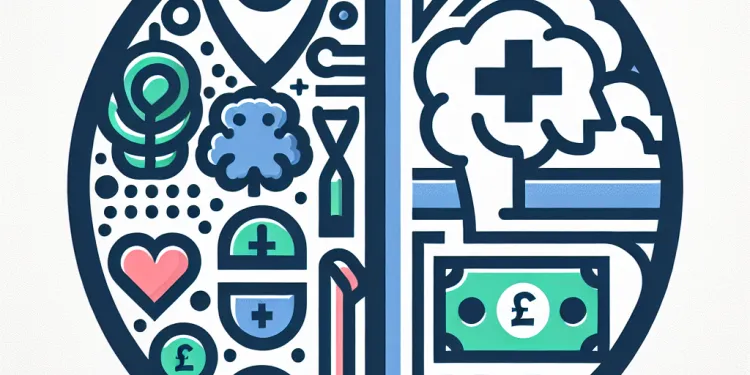
What are the common symptoms of dementia?
Relevance: 65%
-

How can I support a loved one with dementia?
Relevance: 59%
-

What financial support is available for people with dementia?
Relevance: 59%
-

What lifestyle changes can help someone with dementia?
Relevance: 57%
-
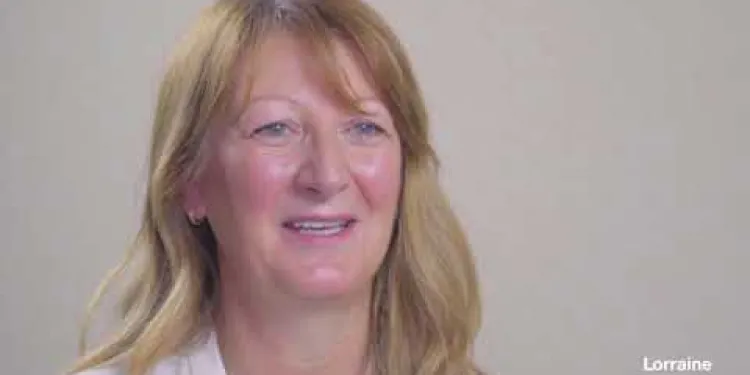
Getting help and support with frontotemporal dementia (FTD) (part 2/3)
Relevance: 54%
-
What is dementia?
Relevance: 49%
-
Is there a cure for dementia?
Relevance: 49%
-
What is dementia?
Relevance: 49%
-
Is there a cure for dementia?
Relevance: 49%
-

What is a dementia-friendly community?
Relevance: 48%
-
How is dementia diagnosed?
Relevance: 44%
Dementia by Dr Alex Kakoullis, Coventry and Warwickshire Partnership NHS Trust
Understanding Dementia
Dementia is an umbrella term for a range of progressive neurological disorders that impact memory, thinking, behavior, and the ability to perform everyday activities. In the United Kingdom, dementia affects approximately 850,000 people, with Alzheimer’s disease being the most common type.Symptoms of Dementia
Early symptoms of dementia can be subtle and may often be mistaken for other conditions. These symptoms can include memory loss, difficulty concentrating, struggles with familiar tasks, confusion about time and place, and changes in personality or mood. If you or a loved one are experiencing these symptoms, it is crucial to seek medical advice.Diagnosis and Treatment
Diagnosing dementia involves a comprehensive approach, including medical history evaluation, physical exams, cognitive tests, and sometimes brain imaging. While there is no cure for dementia, treatment options are available to manage symptoms. Medications, cognitive therapies, and lifestyle changes can help improve quality of life and delay the progression of symptoms.Support and Resources
The Coventry and Warwickshire Partnership NHS Trust offers a range of support services for people with dementia and their families. Support groups, educational resources, and specialist care teams are available to provide assistance and guidance. Additionally, numerous charities and community organizations work to support those affected by dementia across the UK.Living with Dementia
Living with dementia can be challenging, but with the right support and resources, it is possible to maintain a fulfilling life. Creating a safe home environment, engaging in stimulating activities, and maintaining social connections can all contribute to a better quality of life for individuals with dementia.For more information, please contact Coventry and Warwickshire Partnership NHS Trust or visit our website.
Dementia by Dr Alex Kakoullis, Coventry and Warwickshire Partnership NHS Trust
Understanding Dementia
Dementia is a word used for problems with the brain. It affects how we remember, think, and do things. In the UK, about 850,000 people have dementia. Alzheimer's disease is the most common type.Symptoms of Dementia
The first signs of dementia can be small and hard to notice. These signs can be memory problems, trouble concentrating, getting confused, and changes in mood. If you notice these signs in yourself or someone else, it is important to see a doctor.Diagnosis and Treatment
To find out if someone has dementia, doctors do different tests. These might include checking your health history, doing physical exams, and taking brain pictures. There is no cure for dementia, but treatments can help. Medicines, brain exercises, and changes in lifestyle can make life better.Support and Resources
The Coventry and Warwickshire Partnership NHS Trust helps people with dementia and their families. They have support groups, learning resources, and special care teams. There are also many charities and groups that help people with dementia in the UK.Living with Dementia
Living with dementia can be hard, but with help, life can still be good. Making the home safe, doing fun activities, and staying connected with others can help people with dementia feel better.For more information, please contact Coventry and Warwickshire Partnership NHS Trust or visit our website.
Frequently Asked Questions
What is dementia?
Dementia is an umbrella term used to describe a range of progressive neurological disorders that affect memory, thinking, behaviour, and emotions. It is not a specific disease, but rather a collection of symptoms caused by various conditions, including Alzheimer's disease, vascular dementia, Lewy body dementia, and frontotemporal dementia.
What are the early signs of dementia?
Early signs of dementia can include memory loss, difficulty finding the right words, changes in mood or behaviour, confusion in familiar environments, and problems with planning or decision-making. These symptoms can vary depending on the type of dementia.
How is dementia diagnosed?
Dementia is typically diagnosed through a combination of medical history, physical examination, blood tests, and cognitive assessments. Brain imaging, such as MRI or CT scans, may also be used to identify changes in brain structure that are indicative of dementia.
Can dementia be prevented?
While there is no sure way to prevent dementia, certain lifestyle changes may reduce the risk. These include maintaining a healthy diet, regular exercise, mental stimulation, avoiding excessive alcohol consumption, not smoking, and managing other health conditions such as diabetes, hypertension, and high cholesterol.
What treatments are available for dementia?
There is currently no cure for dementia, but treatments are available to help manage symptoms. These can include medications to improve cognitive function, treat specific symptoms, or manage underlying conditions. Non-drug approaches, such as cognitive stimulation therapy, may also be beneficial.
How does dementia progress over time?
The progression of dementia varies depending on the type and individual factors. It generally progresses in stages, from mild symptoms to more severe impairment. Over time, individuals may lose the ability to perform daily activities and require more support from caregivers.
Is dementia hereditary?
Some forms of dementia have a genetic component, meaning they can run in families. For instance, early-onset Alzheimer's disease and certain types of frontotemporal dementia have been linked to genetic mutations. However, the majority of dementia cases are not directly inherited.
What is the difference between dementia and Alzheimer's disease?
Dementia is a broad term for a range of symptoms affecting cognitive function. Alzheimer's disease is the most common cause of dementia, accounting for 60-80% of cases. While all Alzheimer's cases are dementia, not all dementia cases are due to Alzheimer's disease.
How can I support someone with dementia?
Supporting someone with dementia involves patience, understanding, and effective communication. Create a safe and supportive environment, encourage independence where possible, and provide emotional support. Seeking help from support groups and healthcare professionals can also be beneficial.
What are the risk factors for developing dementia?
Risk factors for dementia include age, family history, certain genetic factors, cardiovascular health, head injuries, lifestyle factors such as smoking and alcohol use, and conditions like diabetes and hypertension. Modifying these risk factors may help reduce the risk.
Can diet and nutrition influence dementia?
A healthy diet can play a role in reducing the risk of dementia. Diets such as the Mediterranean diet, rich in fruits, vegetables, whole grains, fish, and healthy fats, have been associated with a lower risk of cognitive decline. Nutrient-rich foods and regular hydration are important for overall brain health.
How can physical exercise benefit those with dementia?
Regular physical exercise can have numerous benefits for individuals with dementia, including improved cardiovascular health, maintaining physical function, reducing the risk of falls, and potentially slowing cognitive decline. Activities should be safe and adapted to the individual's abilities.
Are there any support services for dementia caregivers in the UK?
Yes, there are numerous support services available for dementia caregivers in the UK. Organisations such as the Alzheimer's Society and Age UK provide resources, support groups, respite care options, and helplines to assist caregivers in managing their responsibilities and accessing support.
What are the different types of dementia?
There are several types of dementia, each with unique symptoms and progression patterns. The most common types include Alzheimer's disease, vascular dementia, Lewy body dementia, frontotemporal dementia, and mixed dementia, which is a combination of two or more types.
Can mental stimulation help prevent dementia?
Engaging in mentally stimulating activities, such as puzzles, reading, learning new skills, and social interaction, may help maintain cognitive function and reduce the risk of dementia. Keeping the brain active is believed to build cognitive reserve, potentially delaying the onset of symptoms.
What is dementia?
Dementia is a sickness in the brain. It makes it hard for people to think, remember, or talk.
People with dementia may have trouble doing everyday things. They might forget names or lose things a lot.
Helpful things can be pictures, stories, or asking friends for help. It is good to be patient and kind to people with dementia.
Dementia is a word we use for brain problems that get worse over time. These problems can make it hard to remember things, think clearly, act in usual ways, and control feelings. Dementia is not just one illness. It can be caused by different things, like Alzheimer's disease, problems with blood flow in the brain (called vascular dementia), Lewy body dementia, and frontotemporal dementia.
What are the first signs of dementia?
Dementia is a problem with the brain. Here are some signs someone might have dementia:
- Forgetting things.
- Getting confused about time or place.
- Having trouble talking to others.
- Finding it hard to do daily tasks.
- Losing things and not knowing where they are.
If you notice these signs, tell a doctor. They can help. It can also help to write things down or use pictures to remember.
Early signs of dementia are when someone starts to forget things. They might have trouble finding the right words. They can also have changes in mood, like feeling sad or angry. They might get confused about where they are, even in places they know well. Planning and making decisions can become hard, too. The signs can be different for each person.
If you need help understanding this information, you can use these tools:
- Picture cards: Look at pictures to help remember words or steps.
- Routine reminders: Use calendars or alarms to remember daily tasks.
How do doctors find out if someone has dementia?
Doctors can do some tests to see if a person has dementia. Here is what happens:
- Talking to the person: A doctor will ask questions about how the person is feeling. They may ask about memory and thinking problems.
- Talking to family or friends: The doctor may talk to someone who knows the person well. They can share what changes they have seen.
- Memory tests: The doctor will give puzzles or questions to check the person’s memory and thinking.
- Physical check-up: The doctor will see if anything else might be causing problems, like an illness or medication.
- Scans or pictures of the brain: Sometimes doctors take pictures of the brain to see more details.
These steps help the doctor understand what is happening and decide if it might be dementia.
Dementia is found out by doctors using different methods. First, they ask about your health history. Next, they do a health check-up. They also might take a bit of your blood to test it. Then, they ask questions to see how you think and remember things. Sometimes, they use special machines like MRI or CT scans to take pictures of your brain. This helps them see if there are any changes that show dementia might be there.
Can we stop dementia?
Dementia is a sickness that makes it hard to remember things. We can't always stop it, but there are ways to lower the risk.
Here are some things that might help:
- Eat healthy foods like fruits and veggies.
- Exercise regularly, like walking or playing sports.
- Keep your brain busy with puzzles and games.
- Visit the doctor for check-ups.
- Avoid smoking and too much alcohol.
If you need help, you can ask a family member or a doctor. They can give you more advice.
You can't always stop dementia, but you can do things to make it less likely. Try eating healthy food, exercising often, and doing puzzles or reading to keep your mind active. Don't drink too much alcohol, don't smoke, and take care of other health problems like high blood sugar, high blood pressure, and high cholesterol. These can help keep your brain healthy.
What treatments can help people with dementia?
Dementia is a sickness that makes it hard to remember things, think clearly, or do everyday tasks.
Doctors and nurses can help people with dementia feel better. They give medicines and care to make it easier.
Here are some things that can help people with dementia:
- Medicines: Some pills can help with memory problems.
- Activities: Doing puzzles, drawing, or listening to music can be fun.
- Talking: Chatting with friends or family can make you happy.
- Routines: Doing things at the same time every day can help you remember.
- Tools: Using reminders, like sticky notes or phone alarms, can be useful.
It is important to talk to a doctor or nurse to find what helps you best.
Right now, there is no cure for dementia. But there are ways to help with the symptoms. Medicines can help with thinking, certain symptoms, or other health problems. There are also activities, like brain games, that can help too.
How does dementia change over time?
Dementia is a sickness that makes it hard to remember things and think clearly. It gets worse slowly. This means it changes over a long time.
At first, someone might forget small things, like where they put their keys. Later, they might have more trouble, like forgetting names or how to get home.
As time goes on, people with dementia might need more help. They might not be able to do things they used to do, like cooking or dressing.
It is important to visit a doctor. Family and friends can help too.
Using tools like reminders, notes, and pictures can make things easier. Having routines, or doing things the same way every day, also helps.
Dementia gets worse as time goes on. It can start with mild problems and later become more serious. The speed at which it gets worse can be different for each person. After some time, people with dementia might need help with everyday things. Caregivers, like family members or nurses, can help them with this.
Can you get dementia from your family?
Some kinds of dementia can run in families. This means you might get it if family members have it. But not always. It is a good idea to talk to a doctor if you are worried.
If you want to learn more, you can use pictures to help understand. Or ask someone you trust to explain it to you.
Some kinds of dementia are linked to genes. This means they can be passed down in families. For example, early-onset Alzheimer's disease and some frontotemporal dementia types are connected to changes in genes. But most dementia cases do not come directly from family genes.
How are dementia and Alzheimer's disease different?
Dementia and Alzheimer's are problems with the brain. They make it hard to remember things and think clearly.
Dementia is when the brain starts having trouble. This can be caused by different kinds of problems.
Alzheimer's is the most common type of dementia. It's one specific disease in the brain.
To help understand better, you can use pictures, talk with someone who knows about it, or read simple books.
Dementia is a word used when people have trouble thinking and remembering. Alzheimer's disease is one type of dementia. Most people with dementia have Alzheimer's. But some people have dementia for other reasons, not just Alzheimer's.
How can I help someone with dementia?
Dementia can make it hard for people to remember things and think clearly. Here are some ways you can help them:
- Talk clearly: Use simple words and speak slowly.
- Be patient: Give them time to understand and answer.
- Use pictures: Show pictures to help them remember.
- Stay calm: If they get upset, stay calm and talk gently.
- Help with daily tasks: Do things like cooking or cleaning together.
By doing these things, you can make them feel better and safer. You can also look for support groups that help people with dementia and their families.
Helping a person with dementia means being patient, kind, and talking clearly. Make sure they are safe and feel cared for. Let them do things by themselves if they can. Give them love and support. Joining support groups and talking to doctors can help too.
What can make someone more likely to get dementia?
Dementia is when the brain has trouble thinking, remembering, and making decisions. Some things can make it more likely for someone to get dementia. Here’s a list of things that can increase the risk:
- Age: Getting older can increase the chance.
- Family History: If your family members have had dementia, your risk might be higher.
- Health: Problems like heart disease, diabetes, and high blood pressure can add to the risk.
- Lifestyle: Not exercising, eating unhealthy food, and smoking can make the risk bigger.
Doing things to stay healthy can help lower the risk. Try eating good food, moving your body, and not smoking. Visiting the doctor for check-ups is important too!
Tools to help:
- Use a calendar to remember important dates.
- Write lists for grocery shopping or tasks.
- Play memory games to keep your brain active.
- Talk to a friend or family member if you’re worried about your memory.
Dementia is a health problem that makes it hard to remember things. Some things make it more likely to get dementia. These include:
- Getting older
- Family members who have dementia
- Genes that can increase risk
- Heart health problems
- Hurting your head
- Smoking or drinking a lot of alcohol
- Having diabetes or high blood pressure
Changing some of these things might help reduce the risk. You can use tools or techniques like getting regular check-ups, eating healthy, and staying active to help.
Can the food we eat affect memory problems?
Good food is important for everyone. It can help us stay strong and healthy. Some people want to know if what we eat can help with memory problems, like dementia.
Here are some tips that might help:
- Eat lots of fruits and vegetables. They are good for us.
- Fish is good for the brain. Try to eat fish sometimes.
- Drink plenty of water. Our brains need water to work well.
- Avoid too much sugar and fatty foods. These are not good for our brains.
Using pictures and charts can make it easier to understand how to eat healthy. You can also ask for help from a doctor or a dietitian if you're unsure what to eat.
Eating good food can help keep your brain healthy. A special way of eating, called the Mediterranean diet, is very good for your brain. It includes lots of fruits, vegetables, whole grains, fish, and healthy oils. This way of eating can make it less likely for your brain to have problems when you get older. Drinking water and eating foods with lots of vitamins can help your brain stay strong.
How Does Exercise Help People with Dementia?
Exercise is good for people with dementia. Here is how it helps:
- Better Mood: Exercise can make people feel happier.
- Stronger Body: It helps keep muscles and bones strong.
- Calm Mind: Exercise can help people feel less worried.
- More Energy: Moving around gives more energy for the day.
- Better Sleep: Exercise can help people sleep better at night.
Try simple exercises like walking or dancing. You can also do chair exercises.
Ask someone to join you when you exercise. It is more fun with a friend!
Doing exercise is good for people with dementia. It can make the heart stronger, help keep the body moving well, and stop falls. It might also help the brain stay sharp for longer. Activities should be safe and just right for what the person can do.
Here are some tips to help:
- Stick to simple exercises like walking or slow dancing.
- Make sure the area is safe, with no things to trip over.
- Use aids like walkers if needed.
- Try to exercise with a friend or helper.
Can people who help someone with dementia get support in the UK?
Yes, there are many support services for people who care for someone with dementia in the UK. Groups like the Alzheimer's Society and Age UK can help. They have things like:
- Resources to help you know what to do
- Support groups where you can talk to others
- Places where you can take a break, called respite care
- Helplines you can call for advice
These services can help you take care of your loved one and yourself.
What are the types of dementia?
There are different kinds of dementia. Each type is different and can show different signs.
The most common types of dementia are:
- Alzheimer's disease
- Vascular dementia
- Lewy body dementia
- Frontotemporal dementia
- Mixed dementia (this is when someone has two or more types)
If you want help to remember this, you can:
- Use pictures to help remember the types
- Ask someone to read it out loud with you
- Write each type on a separate card and practice them
Can using your brain stop memory problems?
Using your brain a lot can be good. It might help stop memory problems when you get older. Doing puzzles, reading, or learning new things can help keep your brain healthy.
Here are some ways to keep your brain active:
- Play memory games.
- Read books or stories.
- Do puzzles, like crosswords or Sudoku.
- Learn new things, like songs or languages.
You can ask a friend or family member to help you. There are also things like audiobooks or learning apps that might help you.
Doing fun and brainy activities like puzzles, reading, learning new things, and talking to friends can help keep your brain healthy. These activities might help stop brain problems like dementia. Keeping your brain busy and active can make it strong and help it stay healthy for longer.
Useful Links
This website offers general information and is not a substitute for professional advice.
Always seek guidance from qualified professionals.
If you have any medical concerns or need urgent help, contact a healthcare professional or emergency services immediately.
Some of this content was generated with AI assistance. We’ve done our best to keep it accurate, helpful, and human-friendly.
- Ergsy carfully checks the information in the videos we provide here.
- Videos shown by Youtube after a video has completed, have NOT been reviewed by ERGSY.
- To view, click the arrow in centre of video.
- Most of the videos you find here will have subtitles and/or closed captions available.
- You may need to turn these on, and choose your preferred language.
- Go to the video you'd like to watch.
- If closed captions (CC) are available, settings will be visible on the bottom right of the video player.
- To turn on Captions, click settings .
- To turn off Captions, click settings again.
More Items From Ergsy search
-

What is dementia?
Relevance: 100%
-

Is there a cure for dementia?
Relevance: 100%
-

Living with dementia | NHS
Relevance: 95%
-

How is dementia diagnosed?
Relevance: 94%
-

Early onset dementia | NHS
Relevance: 92%
-

Dementia Care at Colten Care
Relevance: 90%
-

Can dementia affect younger people?
Relevance: 89%
-

Are there any support groups for people with dementia in the UK?
Relevance: 88%
-

Is there scientific evidence linking menopause to dementia?
Relevance: 87%
-

Are there specific types of dementia linked to menopause?
Relevance: 86%
-

What are the links between menopause and dementia?
Relevance: 86%
-

How does dementia progress over time?
Relevance: 86%
-

Do genetics play a role in dementia risk post-menopause?
Relevance: 85%
-

Can live-in care support individuals with dementia?
Relevance: 85%
-

Is the age of menopause onset related to dementia risk?
Relevance: 84%
-

How common is it for women to develop dementia after menopause?
Relevance: 84%
-

What further research is needed about menopause and dementia?
Relevance: 82%
-

Dementia by Dr Alex Kakoullis, Coventry and Warwickshire Partnership NHS Trust
Relevance: 82%
-

How does menopause potentially affect dementia risk?
Relevance: 82%
-

What role do carers play for those living with dementia?
Relevance: 81%
-

Do male and female brains age differently regarding dementia risk?
Relevance: 81%
-

What symptoms can overlap between menopause and the early stages of dementia?
Relevance: 79%
-

Can hormone replacement therapy (HRT) impact dementia risk?
Relevance: 78%
-

The role of care homes dedicated to caring for people living with dementia and memory loss
Relevance: 78%
-

Can lifestyle changes during menopause help reduce dementia risk?
Relevance: 77%
-

An introduction to frontotemporal dementia (FTD) (part 1/3)
Relevance: 75%
-

What is dementia?
Relevance: 74%
-

Fernhill Dedicated Dementia Care Home - a relatives perspective
Relevance: 70%
-

Living with changes in behaviour in frontotemporal dementia (FTD) (part 3/3)
Relevance: 65%
-

What are the common symptoms of dementia?
Relevance: 65%
-

How can I support a loved one with dementia?
Relevance: 59%
-

What financial support is available for people with dementia?
Relevance: 59%
-

What lifestyle changes can help someone with dementia?
Relevance: 57%
-

Getting help and support with frontotemporal dementia (FTD) (part 2/3)
Relevance: 54%
-
What is dementia?
Relevance: 49%
-
Is there a cure for dementia?
Relevance: 49%
-
What is dementia?
Relevance: 49%
-
Is there a cure for dementia?
Relevance: 49%
-

What is a dementia-friendly community?
Relevance: 48%
-
How is dementia diagnosed?
Relevance: 44%


